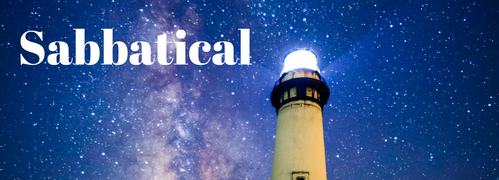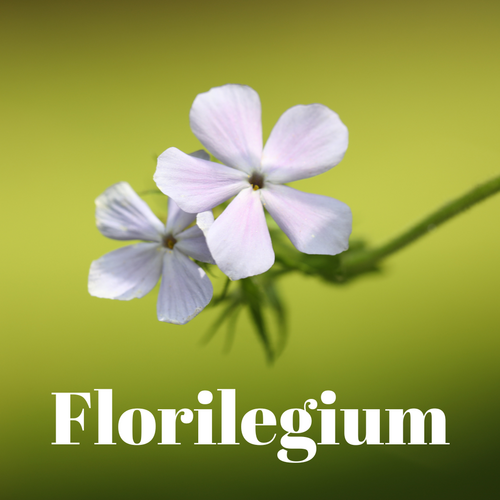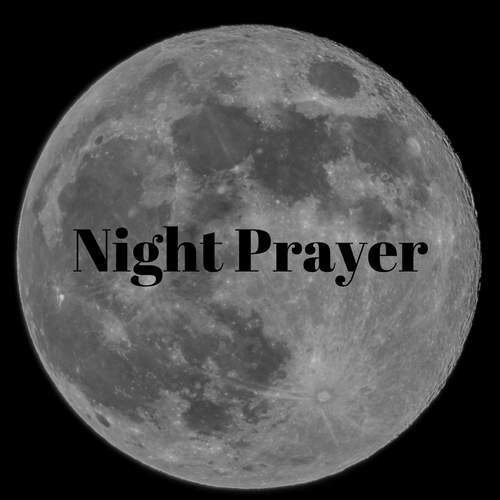

Daily Primer — July 9, Longyearbyen, Svalbard archipelago — Norway
Each day you will be given:
A Florilegium entry
A Daily Prayer
and a Night Prayer.
A Florilegium entry
A Daily Prayer
and a Night Prayer.

Look at the animals roaming the forest: God's
spirit dwells within them.
Look at the birds flying across the sky: God's
spirit dwells within them.
Look at the tiny insects crawling in the grass:
God's spirit dwells within them.
Look at the fish in the river and the sea: God's
spirit dwells within them.
There is no creature on earth in whom God's
spirit is absent.
Travel the ocean to the most distant land, and you will find God's spirit in all the creatures there.
Climb up the highest mountain, and you will find God's spirit among the creatures who live at the summit. When God pronounced that his creation was good it was not only that his hand had fashioned every creature, it was that his breath had brought every creature to life.
Look, too, at the great trees of the forest; look at the wild flowers and the grass in the field, look even on your crops, God's spirit is within all plants as well. The presence of God's spirit in all living beings is what makes them beautiful: and if we look with GOd’s eyes, nothing on earth is ugly.
=============
It may be that when the angels go about their task of praising God, they play only Bach. I am sure, however, that when they gather together as family, they play Mozart and that then too, our dear Lord listens with special pleasure.
What I hear in Mozart is a final word about life in so far as this can be spoken by man. Perhaps it is no accident that a musician spoke this word. But I hear a final word which holds up . . . a final word which lasts, a final word to which one can always return and with which one can always begin afresh. For ultimately we must all begin afresh each day — and I make this new beginning best when I listen to Mozart.
spirit dwells within them.
Look at the birds flying across the sky: God's
spirit dwells within them.
Look at the tiny insects crawling in the grass:
God's spirit dwells within them.
Look at the fish in the river and the sea: God's
spirit dwells within them.
There is no creature on earth in whom God's
spirit is absent.
Travel the ocean to the most distant land, and you will find God's spirit in all the creatures there.
Climb up the highest mountain, and you will find God's spirit among the creatures who live at the summit. When God pronounced that his creation was good it was not only that his hand had fashioned every creature, it was that his breath had brought every creature to life.
Look, too, at the great trees of the forest; look at the wild flowers and the grass in the field, look even on your crops, God's spirit is within all plants as well. The presence of God's spirit in all living beings is what makes them beautiful: and if we look with GOd’s eyes, nothing on earth is ugly.
=============
It may be that when the angels go about their task of praising God, they play only Bach. I am sure, however, that when they gather together as family, they play Mozart and that then too, our dear Lord listens with special pleasure.
What I hear in Mozart is a final word about life in so far as this can be spoken by man. Perhaps it is no accident that a musician spoke this word. But I hear a final word which holds up . . . a final word which lasts, a final word to which one can always return and with which one can always begin afresh. For ultimately we must all begin afresh each day — and I make this new beginning best when I listen to Mozart.
Wisdom of Pelagius (c. 354–418) as quoted in R. van de Weyer’s, The Letters of Pelagius, p. 71.
And then:
Karl Barth in a radio interview printed in Final Testimonies edited by Busch and Translated by Bromiley. (William B. Erdman’s Publishing Company, 1977), pp. 20-21.
And then:
Karl Barth in a radio interview printed in Final Testimonies edited by Busch and Translated by Bromiley. (William B. Erdman’s Publishing Company, 1977), pp. 20-21.
Florilegium is the Medieval Latin word for bouquet, or more literally flowers (flos, flor-) which are gathered (legere). The word florilegium was used to refer to a compilation of writings, often religious or philosophical. These florilegium are literary flowers—beautiful words/prayers/thoughts I have gathered. During my sabbatical they will give me something to ponder each day. — PHL.

God, who scatters the seeds for sowing liberally — You cast the seeds of your mercy on hard ground, ground thick with weeds and ground ready to receive the seeds of your love. As we make our way through Lent and approach Holy Week, we pray that our disciplines might cooperate with your grace so that we begin to see new fruitfulness in our lives. Help us to be patient with the slow growth, knowing that we cannot rush some things. In the name of the Father, and of the Son, and of the Holy Spirit. Amen.
Matthew 13:1-23; Psalm 126. Liturgy of the Hours — PHL.

O Lord our God,
grant us grace to desire you with our whole heart:
that so desiring, we may seek and find you;
and so finding, may love you;
and so loving, may hate the sins from which
you have delivered us;
through Jesus Christ our Lord. Amen.
grant us grace to desire you with our whole heart:
that so desiring, we may seek and find you;
and so finding, may love you;
and so loving, may hate the sins from which
you have delivered us;
through Jesus Christ our Lord. Amen.
A prayer of Saint Anselm — of Canterbury (1033–1109). Anselm was a Christian philosopher and theologian. He is best known for the celebrated “ontological argument” for the existence of God in Proslogion, but his contributions to philosophical theology (and indeed to philosophy more generally) go well beyond the ontological argument.
